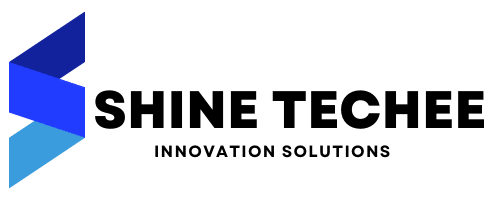Navigating the Future: Google Analytics 4 Features to Brace for Third-Party Cookie Depreciation
Introduction:
As the digital landscape undergoes seismic shifts with the impending deprecation of third-party cookies, businesses must equip themselves with robust analytics tools to stay ahead. In this blog, we explore the features of Google Analytics 4 (GA4) that are instrumental in preparing for the post-cookie era.
1. Enhanced User-Centric Measurement:
Google Analytics 4 puts a strong emphasis on user-centric measurement, moving away from the cookie-centric approach. It introduces the concept of events as a fundamental unit of measurement, providing a more holistic view of user interactions across platforms and devices.
2. AI-Powered Insights with Event-Based Tracking:
GA4 leverages machine learning to offer smarter insights through event-based tracking. By understanding user interactions at a granular level, GA4 helps businesses uncover meaningful patterns, enabling more personalized and effective marketing strategies.
3. Cross-Platform and Cross-Device Tracking:
In a world where users seamlessly transition between devices, GA4’s cross-platform and cross-device tracking capabilities become paramount. Businesses can gain a comprehensive understanding of user journeys, even in the absence of third-party cookies.
4. Privacy-Centric User Identification:
Addressing growing privacy concerns, GA4 introduces a privacy-centric approach to user identification. Instead of relying heavily on cookies, GA4 emphasizes first-party data, allowing businesses to maintain accurate user data while respecting privacy regulations.
5. Streamlined Data Reporting and Exploration:
GA4 offers a more intuitive and user-friendly interface for data reporting and exploration. With improved navigation and customizable dashboards, businesses can quickly access the metrics that matter most, facilitating agile decision-making in a cookie-less environment.
6. Integration with Google Signals:
Google Signals, integrated into GA4, allows businesses to gather insights from signed-in users across different devices. This feature enables a more cohesive understanding of user behavior, enhancing the ability to deliver personalized and targeted marketing campaigns.
7. Future-Proofing with GA4 Implementation:
Preparing for the deprecation of third-party cookies requires proactive measures. Businesses should prioritize the migration to GA4 to future-proof their analytics strategies and ensure a smooth transition in a landscape increasingly shaped by privacy-conscious measures.
Conclusion:
As the digital ecosystem evolves, adapting to the deprecation of third-party cookies is a strategic imperative. Google Analytics 4 emerges as a powerful ally, offering features that not only address the challenges posed by cookie depreciation but also empower businesses to glean deeper insights, enhance user experiences, and stay at the forefront of the digital transformation. Embrace GA4 to navigate the future of analytics seamlessly and drive success in the privacy-focused era.
